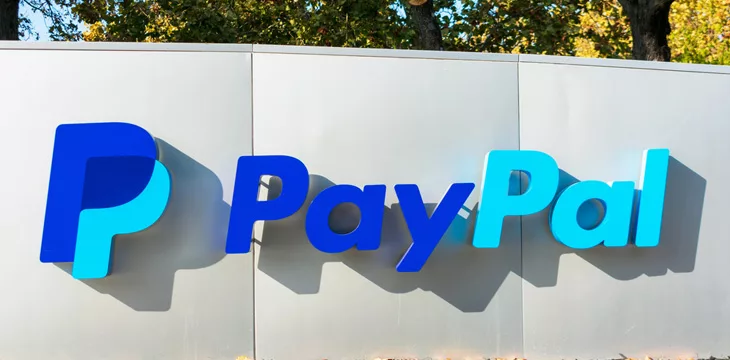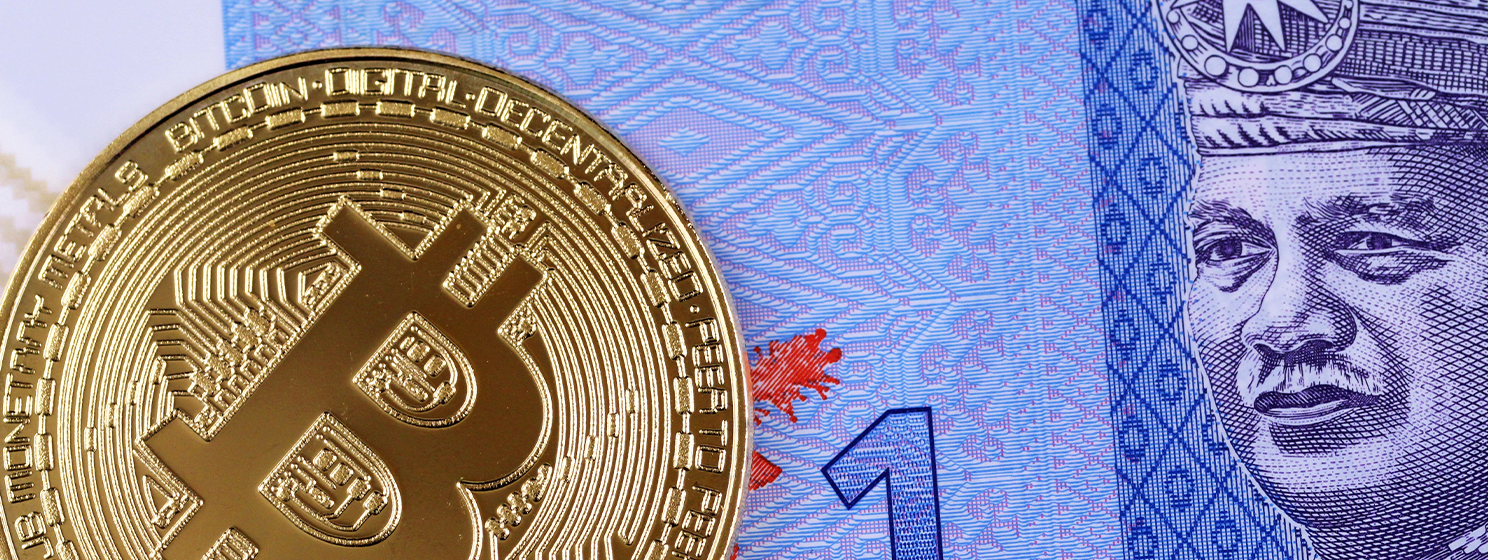|
Getting your Trinity Audio player ready...
|
Last August, PayPal (NASDAQ: PYPL) launched its PYUSD stablecoin. As it didn’t yet have a limited purpose trust charter from the New York Department of Financial Services (NYDFS), it partnered with Paxos Trust Company, which has technically been the issuer so far.
However, this week, PayPal Digital received its limited-purpose trust charter from the NYDFS. This likely indicates its intentions to bring issuance and custody of client assets in-house.
The PYUSD market cap has more than doubled since April, growing from $190 million to just short of $400 million at press time. However, the top five wallets hold 71% of the balance, and seventeen wallets in all hold 97% of the PYUSD holdings. It’s understood that the top five holders are Paxos, Crypto.com, Curve (DeFi), Definacen Capital, and Frax (DeFi).
The PYUSD stablecoin runs on Ethereum and is integrated into PayPal and Venmo platforms. As well as peer-to-peer payments, it also supports conversion to other digital currencies within the apps.
Legal questions from the SEC enforcement division
While PayPal has been clear that PYUSD is fully backed by U.S. dollar deposits, short-term U.S. treasuries, and similar cash equivalents, the SEC still has some questions. Last November, its enforcement division issued a subpoena requesting documents related to the stablecoin’s issuance.
It’s no secret that U.S. authorities are nervous about private USD stablecoins, which a recent paper by the Brooking Institute identified as a national security threat. Specifically, the U.S. government is concerned about the uncontrolled proliferation of such stablecoins and what that means for its ability to utilize sanctions as part of its arsenal. It’s also concerned about their use in money laundering and other criminal activity.
That said, unlike Tether, the largest USD stablecoin issuer by market cap, PayPal will have to prove it is backed by the assets it claims. As a publicly traded company on the NASDAQ, it is subject to more stringent auditing and accounting requirements than the shadowy Tether, which has promised a full audit multiple times but has never followed through.
Opinion: do we really need another USD stablecoin on Ethereum?
It’s only natural for corporations to compete and try to win a slice of the pie and increase revenues. However, few seem to be asking what all these private stablecoins are supposed to achieve. Ethereum is slow, with high fees and innate limitations, and the proliferation of private stablecoins is liable to confuse users rather than help facilitate more commerce and trade.
The point of money is to unite us as we all agree to use one currency for trade and commerce within a given society. Each corporation having its own money defeats the purpose, and it’s unclear how users benefit from holding funds in or transacting in privately issued currencies backed by the USD rather than simply using the USD itself.
Sure, the global payment systems are slow, outdated, and expensive to use, but Ethereum is hardly any better. In fact, by many measures, it’s much worse. Add to this the extra risks, such as not having Federal Deposit Insurance Corporation (FDIC) insurance on deposits and PayPal’s tendency to freeze and seize funds, and it’s not at all obvious that private stablecoins are in the best interests of users.
Having said that, it’s better to have a regulated, U.S.-based company issuing and running a stablecoin than offshore criminals like Tether. It’s an improvement, but just about. Until a single stablecoin issued on a scalable, low-fee, programmable blockchain is adopted, we’ll continue in this digital labyrinth of ever-more iterations of the same thing on broken, unscalable systems. It’s the definition of madness, but that’s where the digital currency industry is today.
Watch: Centi releases first stablecoin on BSV and it’s backed by Swiss bank

 02-22-2026
02-22-2026 




